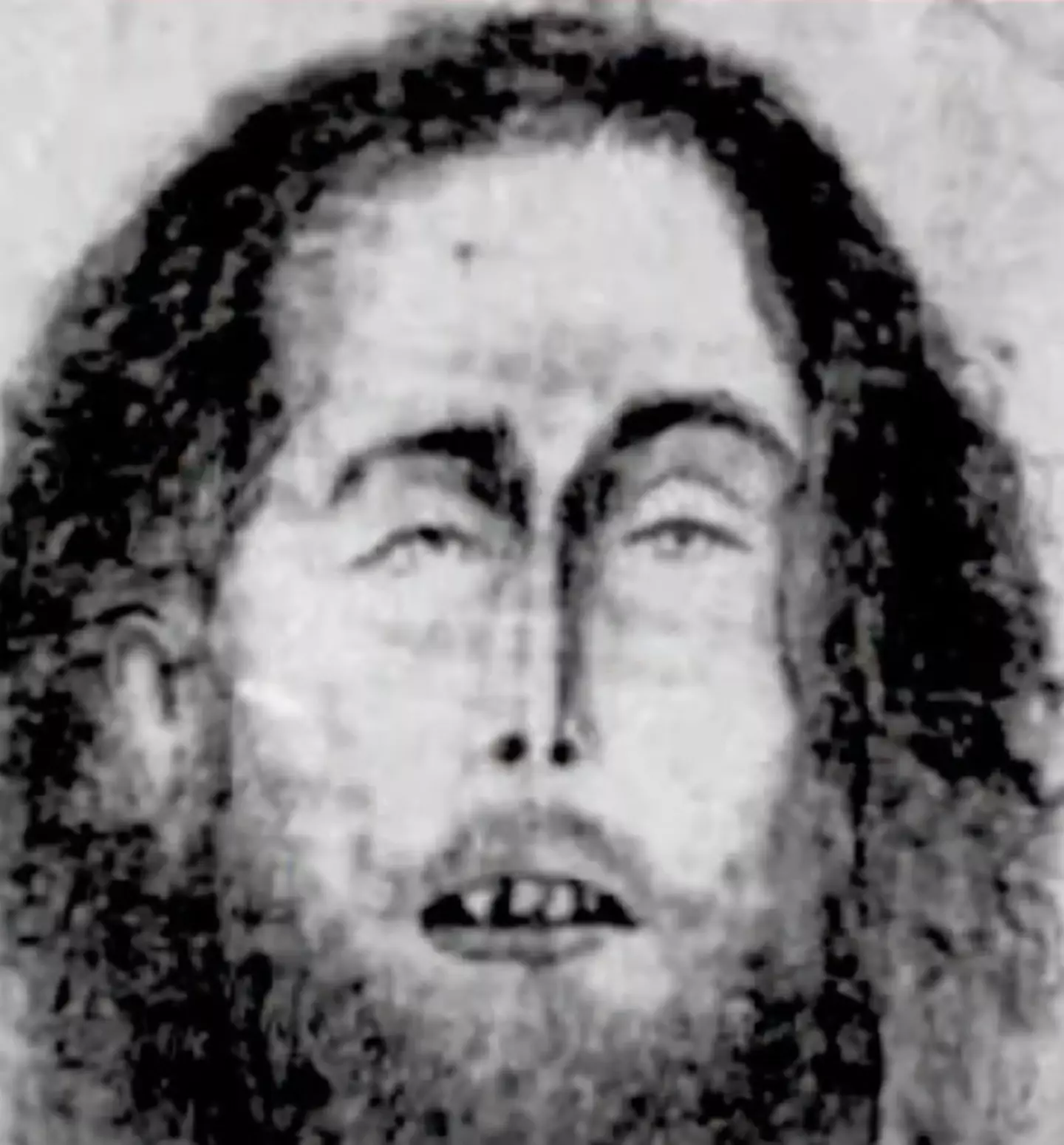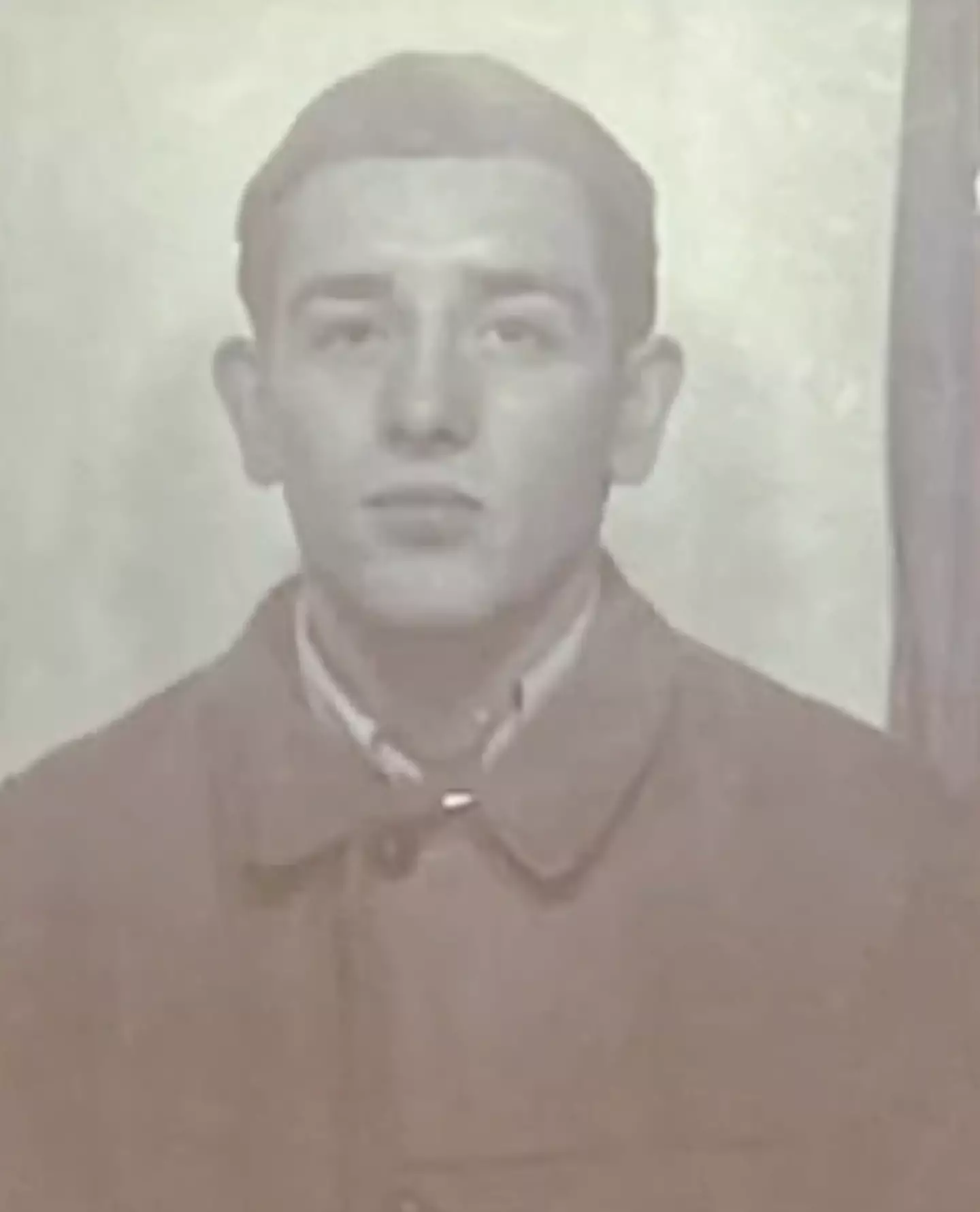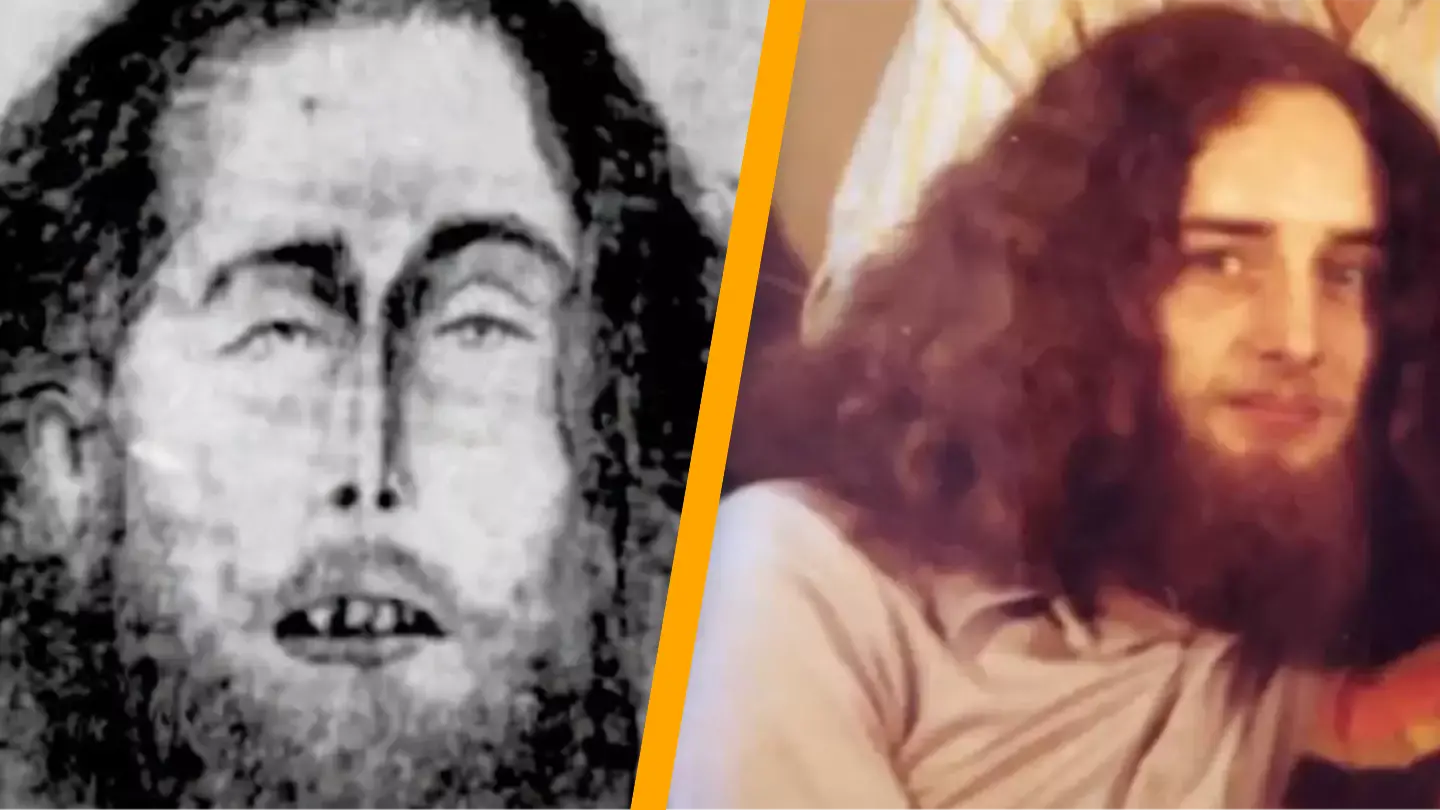The coroner’s office has officially identified a man whose body was discovered frozen in a cave in Pennsylvania back in 1977.
On January 16, 1977, hikers found a frozen male body in a cave near The Pinnacle, a peak on the Blue Mountain ridge of the Appalachian Mountains, located in Berks County, Pennsylvania.
For more than 47 years, the man’s identity remained a mystery, earning him the nickname ‘Pinnacle Man.’ However, a significant development in the case occurred last month, leading to his identification.

According to CNN, the initial autopsy conducted in 1977 did not yield a positive identification of the body.
The cause of death was determined to be a drug overdose, with no indications of foul play.
The man’s clothing, personal items, and physical appearance provided few clues about his identity. Despite recording dental and fingerprint samples, the fingerprint records were subsequently lost.
In 2019, the body was exhumed after dental records connected it to two missing person cases.
However, DNA tests revealed that the body did not match either of the missing individuals.
The case saw a breakthrough in August of this year when Ian Keck of the Pennsylvania State Police discovered the misplaced fingerprint card taken during the 1977 autopsy.
On August 12, the fingerprint was sent to NamUs, ‘a national information clearinghouse and resource center for missing, unidentified, and unclaimed person cases across the United States.’
The Pinnacle Man’s fingerprints matched those of Nicolas Paul Grubb from Washington, Pennsylvania, a missing man whose identity was later confirmed by a relative.

WGAL TV reports that Nicolas was honorably discharged from the Pennsylvania Army National Guard in 1971.
He has since been returned to his family and buried in their family plot.
At a news conference last week, Berks County Coroner John Fielding addressed the media, noting that the cold case ‘posed significant challenges’ due to ‘the passage of time often erases the traces that lead us to the truth’.
Fielding stated: “This identification is a testament to the advances of forensic science and the unwavering commitment of the professionals involved.”
“This identification brings a long awaited resolution to his family, who have been notified and expressed their deep appreciation for the collective efforts that made it possible.”
“It is moments like these that remind us of the importance of our work to provide answers, to bring closure and to give the unidentified a name and a story.”
If you need confidential advice about drugs, you can contact American Addiction Centers 24/7 at (313) 209-9137 or through their website.

